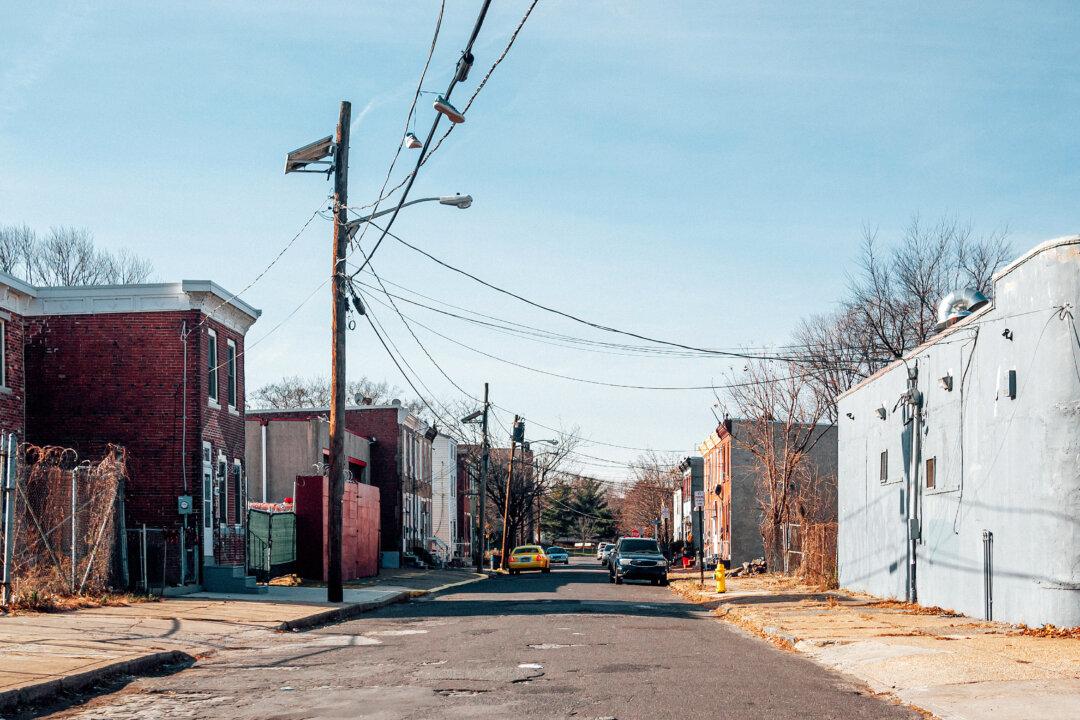News analysis
As President Joe Biden issues an executive order for all federal agencies to pursue what he calls “climate justice” and simultaneously advances regulations to force Americans to transition to wind and solar energy and electric vehicles (EVs), critics say that these same policies also foster child labor in Africa, feature enormous wealth transfers from the poor to the rich, and will bring “energy poverty” to many Americans.





